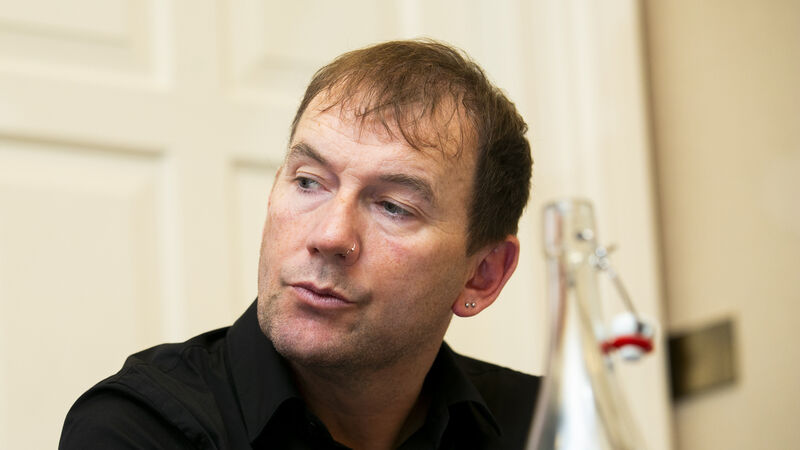'Substandard end-of-life care' means assisted dying proposals are 'concerning'

People Before Profit TD Gino Kenny told the College of Psychiatrists representatives it was 'unhelpful to conflate assisted dying with suicide'. Picture: Gareth Chaney/ Collins
It is “not possible” to clearly differentiate between suicidal patients and patients who request assisted dying, and we need to find a "better way to substitute these deficiencies than by offering assisted dying", an Oireachtas committee has heard.
The Joint Oireachtas Committee on Assisted Dying heard from representatives of the College of Psychiatrists of Ireland on Tuesday, who said proposals around assisted dying are concerning because Ireland is “already operating in an environment of sub-standard end-of-life care”.










